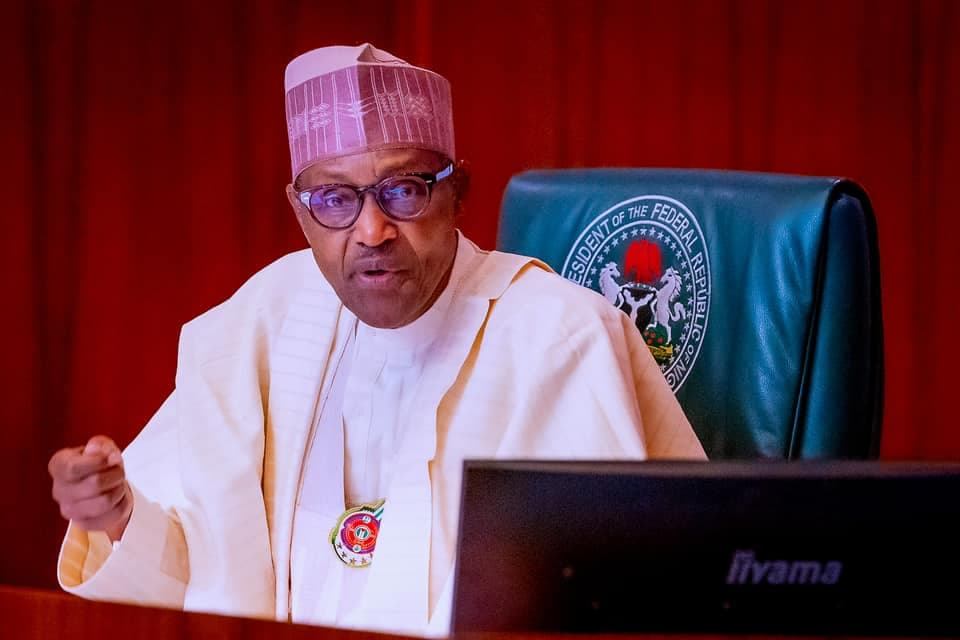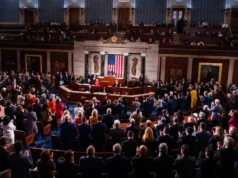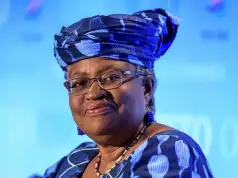
The Supreme Court on Monday invited President Muhammadu Buhari to appear before it on Thursday, May 19 for a hearing in a suit he instituted against the National Assembly challenging Section 84 (12) of the 2022 Electoral Act.
Also invited to be in court on the same day are the National Assembly and its leadership to defend various constitutional breaches raised against them by the Presidency.
A hearing notice issued by the apex court and sighted by our correspondent indicated that the invitation of President Buhari was served on him through his private lawyer, Prince Lateef Olasunkanmi Fagbemi.
By implications, Fagbemi, a Senior Advocate of Nigeria SAN, is to profer arguments against the National Assembly on the invalidity and unconstitutionality of Section 84 (12) of the new Electoral Act.
At the time of this report, DAILY POST could not ascertain the legal practitioner that will stand for the National Assembly to justify the inclusion of the contentious section in the new Electoral Act.
The suit filed on April 29 is marked; SC/ CV/ 504/2022 and has President Muhammadu Buhari and the Attorney General of the Federation, AGF, Abubakar Malami SAN as plaintiffs while the National Assembly is the sole respondent.
Our correspondent gathered that the Supreme Court took notice of the affidavit of urgency in support of the originating summons filed by Buhari, hence, the resolution to give it a speedy hearing.
Besides, the fates of political appointees are said to be hanging in the balance and unless the apex court quickly makes pronouncements on the effect of the Electoral Act on them, their individual political ambitions may be jeopardized.
ABN TV gathered that upon receipt of the hearing notice through its Legal Department, the leadership of the National Assembly has contacted a legal giant, Adegboyega Awomolo SAN to lead its defence in the suit but details could not be obtained.
Our correspondent also learnt that the Chief Justice of Nigeria (CJN) Dr Ibrahim Tanko Muhammad has put in place, a seven-man panel of justices of the Court to do justice to the constitutional issues from both sides of the two parties.









